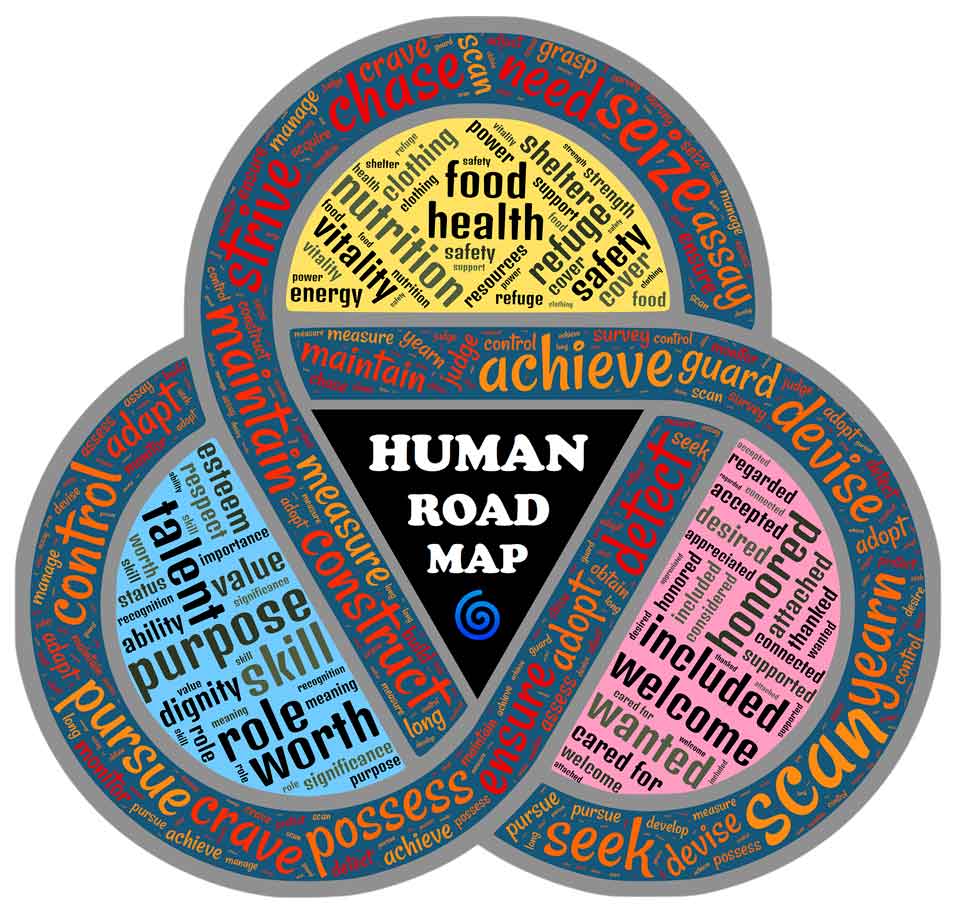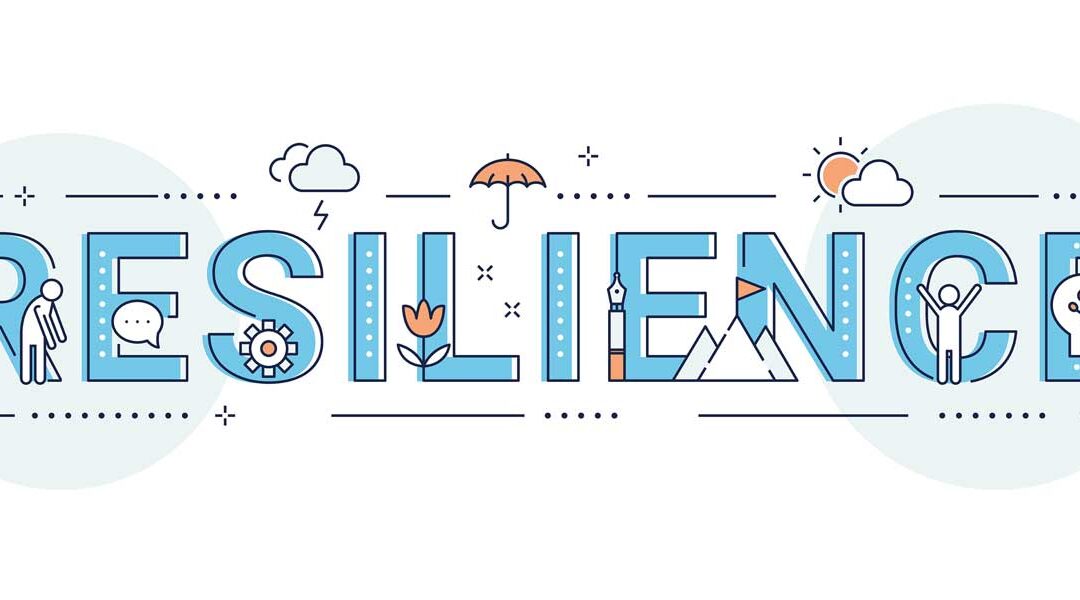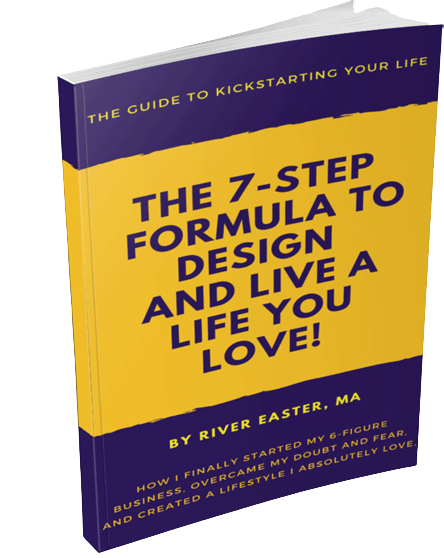Research shows that resilience is essential for success and happiness both personally and professionally.
Resilience has the ability to transform your life. You can turn
- failures to success,
- hardships to opportunities, and
- conflicts to connection!
You don’t need to have a particular background or the right genetic makeup to be resilient. It isn’t based on innate talent.
Everyone has the ability to be resilient if they dedicate the time, effort, and commitment to learn and develop their skill set. Bonus: you are helping the world be a better place by developing resilience!
The first step in building your resilience is developing self-awareness. Research on resilience uncovers that how we interpret events triggers our emotions and behavior, not the event itself.
The more we understand our thoughts, feelings, and the deeper beliefs underneath them, the more we are able to assess the problem accurately, and the greater our chance of solving the problem effectively.
You might be asking, “How do I do this?” Well, Karen Reivich and Andrew Shatte answer that question in their book The Resilience Factor, which lays out three important skills for gaining self-awareness.
Button Pushers
First is to begin noticing the adversity that pushes your buttons. It could be conflicts, time management, failures, dealing with other people’s anger, and/or maintaining balance between work and personal life. Start paying attention to when you feel anxious, sad, angry, frustrated, or overwhelmed. Ask yourself, “What is the adversity I am facing that is causing these emotions?”
For example, today I was starting to get more and more anxious as I was trying to navigate conflicting and changing schedules. I noticed my anxiety and realized it was due to trying to schedule and meet multiple needs of both my family and work.

“The know-thyself skills . . . give you a map of your beliefs,
feelings, and behaviors and how they are interconnected. After you’ve mastered these three skills, you will have greater insight into how you see yourself and the world and why you react to events as you do.” —The Resilience Factor
_____________________
Beliefs in the Moment
The next step is to notice the stream of thoughts in your mind during the time of adversity. Don’t censor or intellectualize it—just notice it as it’s happening. Write it down. Think of this as raw, uncensored data. You can also record it on your phone. Do you blame yourself or others? Do you feel sad because you think you’ve experienced a loss of a job or friendship, an opportunity, or your self-worth? Do you feel someone violated your rights?
In my example above, my thoughts and feelings were something along the lines of “How am I going to make all this happen!? Why do they have to change everything up at the last minute? Who do they think they are? Do they even consider my needs? Don’t they realize I have a #*% work schedule!? Why do they have to be so difficult?” The real words give you clues into your underlying beliefs. In this example, there are a few “Whys.” I am focused on the past, trying to figure out why this is happening. There is also some blame—blaming others. Most of us have one or two beliefs in interpreting adversity. Begin tracking yours and see if you notice a pattern.
The Consequences
The third step is noticing your emotions and behaviors with each adverse situation. Are you sad, angry, scared, embarrassed, annoyed, dejected, ashamed, or feeling guilt? Do you experience one or two emotions more than others? What are your behaviors and actions? Do you fight back, avoid, want to run and hide, apologize, cave, procrastinate, or become passive-aggressive? Noticing and tracking your thoughts, emotions, and behaviors takes time, commitment, and honesty. However, the rewards will transform your life.
One BIG thing to remember is to do these steps with mindfulness. Mindfulness means to notice without judgment. Be compassionate and kind to yourself. This type of honesty and exploration takes courage. Most people don’t do it. Some of us may feel like we are fundamentally flawed. But I can tell you this—you are not! You are in the perfect place and doing way better than you think. This is one of my favorite affirmations I use to remind myself that I am making progress. I might not be doing it perfectly, but I’m making progress. I invite you to get in the habit of saying this first thing in the morning when you wake up:
“Every day I am getting better and better in every way.”



